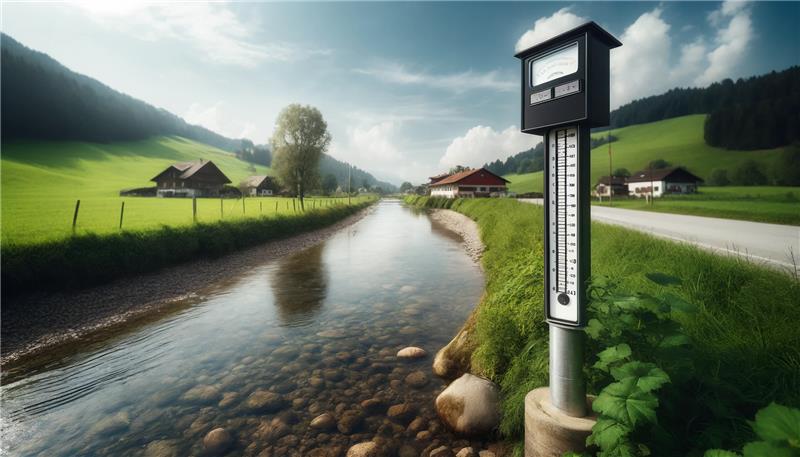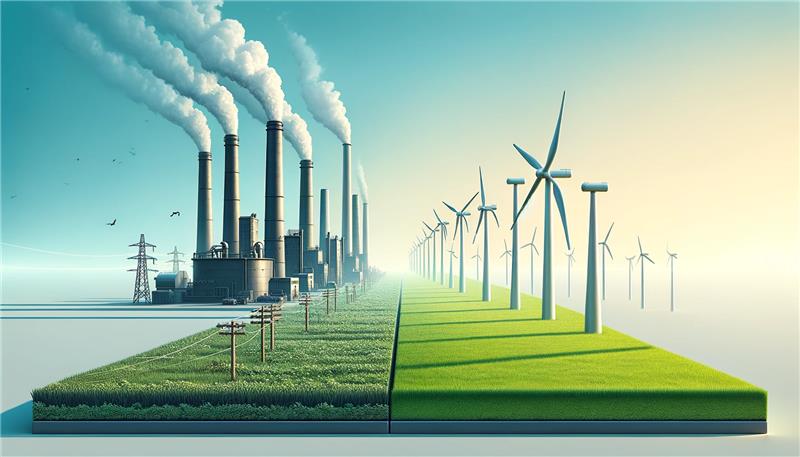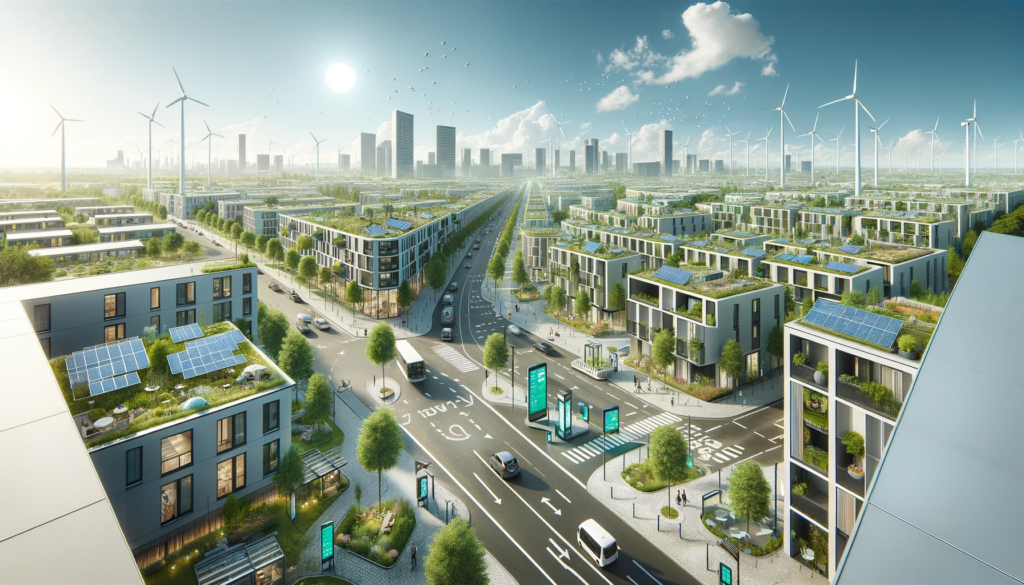

Plants bind carbon dioxide and convert the greenhouse gas into sugar and oxygen. However, the natural process is inefficient. The Cologne-based company b.fab wants to use more efficient technology to convert harmful CO2 into formic acid. This is converted into higher-quality molecules by bacteria in a further process. At the end of the chain are proteins for aquaculture or bioplastics.
Dr. Frank Kensy and his team are taking on two major challenges that are closely related to each other. One: Carbon dioxide – CO2 – has become a huge problem over the past few decades. The proportion of greenhouse gases in the atmosphere increases year after year and contributes significantly to global warming and thus to climate change. “It would not only be important to reduce CO2 emissions, but also to bind and use the CO2 emitted,” says Kensy, founder and managing director of the Cologne start-up b.fab GmbH. A model could be natural photosynthesis, in which all green plants remove CO2 from the atmosphere and convert it into sugar and oxygen using water and solar energy. But here Kensy sees the second challenge: “If you take a closer look at natural photosynthesis, you quickly realize that nature acts quite inefficiently and incorporates less than one percent of solar energy into its products,” explains the RWTH Aachen University professor holds a doctorate in bioprocess engineering. Photovoltaics are already much further along, with efficiencies of over 15 percent and the trend is rising.

“We set out to further develop the processes and technology in the laboratory and ultimately scale them up.”
The idea that b.fab in Cologne has been working on implementing since 2018: artificial photosynthesis. Using renewable electricity – for example from photovoltaics – and water, an electrolyzer converts CO2 into formic acid. b.fab obtains the CO2 from industrial sources, such as cement production. “A liquid is created in which CO2 and H2 are stored ,” explains Kensy, “We then use the formic acid in a bioprocess as the sole raw material to supply nutrients and energy to microorganisms that build new products from formic acid.” The technology has b .fab didn't invent itself; it was theoretically described in Israel around ten years ago. In 2018 we saw for the first time that it actually worked in practice. “We set out to further develop the processes and technology in the laboratory and ultimately scale them up,” emphasizes Kensy. According to the founder, b.fab has now reached technology maturity level 4 (out of 9): “Test setup in the laboratory”. The next degree is imminent. “We will soon be going into a pilot plant at Fraunhofer in Leuna or in Belgium to show that it can also be done on a larger scale,” reports the entrepreneur. The goal in a few years is level 9: “Industrial implementation” .
He is confident that the pilot production will be successful because the laboratory in Cologne has already seen that it works. “We’re talking about liters here, no longer, like at the academic level, about milliliters,” says Kensy proudly. The raw material is then fermented to create the desired molecules, such as proteins that are used as feed in aquaculture, or bioplastics.

The young company is very satisfied with its location. “We were fortunate to be able to find office and laboratory space in the technology and start-up center on the right bank of the Rhine in Cologne,” says Kensy. This is definitely like “winning the lottery” because there is an enormous shortage of laboratory capacity. But the central location has other advantages. “We are sitting here in the center of a remarkable university landscape; North Rhine-Westphalia has an enormous density of excellent universities and research institutions.” The Cologne region is therefore an excellent location and very interesting for students and graduates. We also maintain contacts with the chemical industry, which is also widely represented in Cologne, Leverkusen, Dormagen and Hürth. “In general, the proximity to the Rhenish mining area is good for us in order to help shape structural change there in the future,” says Kensy. b.fab was also able to find investors in North Rhine-Westphalia, whose money, together with public funding, ensures that b.fab can drive forward industrial transformation with its technology.
This success story of an innovative transformation was published in June 2023. There will be no updates or checks of the information afterwards.
“We are sitting here right in the center of a remarkable university landscape”



The publication series “Transformation through Innovation” is intended to illustrate how companies in North Rhine-Westphalia have been able to write successful innovation stories thanks to the framework conditions created by the state of North Rhine-Westphalia.
Are you interested in being featured in a future edition?
Then contact us with your request at: